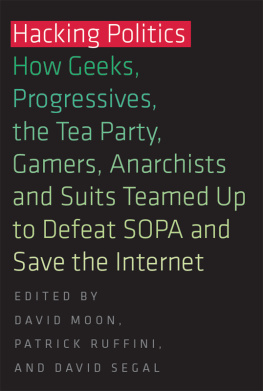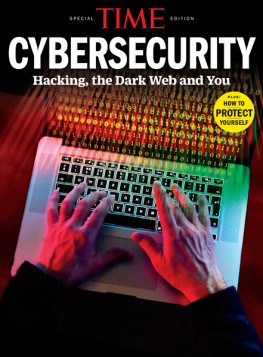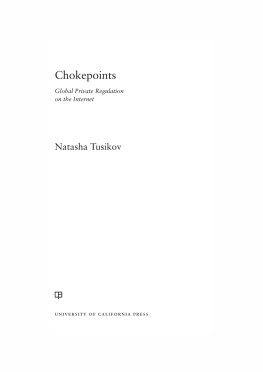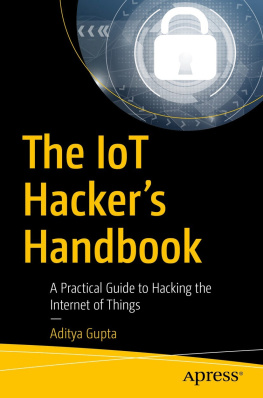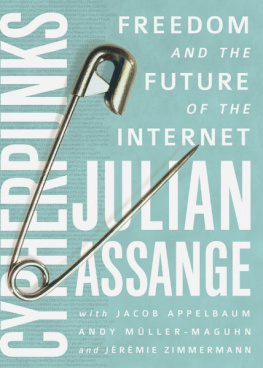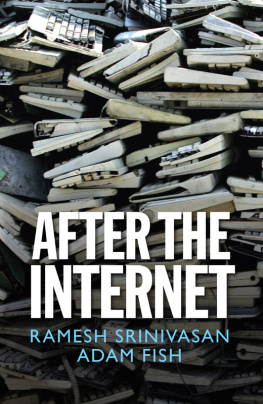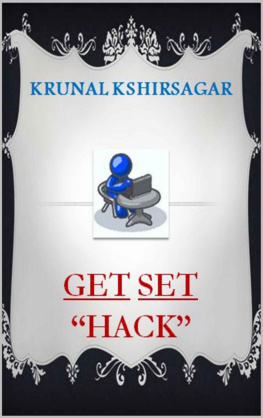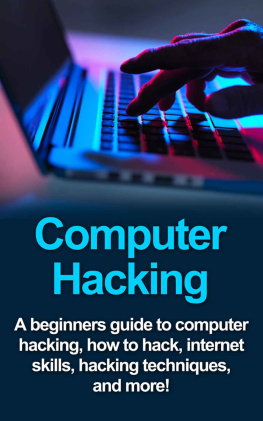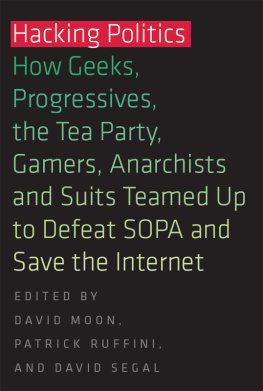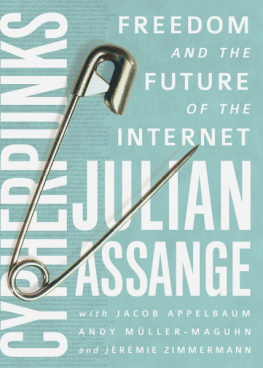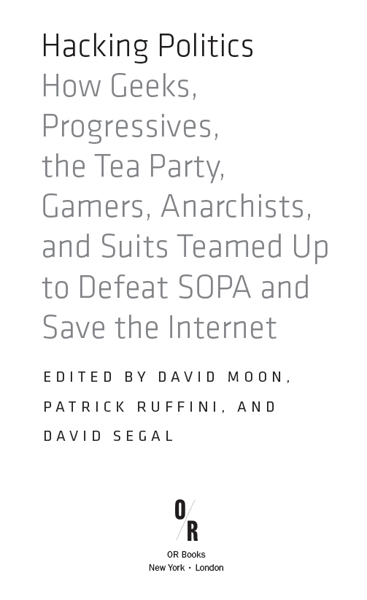
All essays 2013 by the various authors. All essays in Hacking Politics are licensed under a Creative Commons Attribution-NonCommercial-ShareAlike 3.0 Unported License.
Permissions beyond the scope of this license may be available at info@orbooks.com
Assistant editor: Joshua Bauchner
Library of Congress Cataloging in Publication Data: A catalog record for this book is available from the Library of Congress.
British Library Cataloging in Publication Data: A catalog record for this book is available from the British Library.
Typeset by Lapiz
Printed by BookMobile, USA, and CPI, UK.
The U.S. printed edition of this book comes on Forest Stewardship Council-certified, 30% recycled paper. The printer, BookMobile, is 100% wind-powered.
Black cover: paperback ISBN 978-1-939293-04-6 ebook ISBN 978-1-939293-06-0
Visit our website at www.orbooks.com
First printing 2013.
The following honorary co-publishers made substantial contributions to the funding of Hacking Politics via the Indiegogo crowd-sourcing platform. Were grateful for their support.
Anonymous
Anonymous
Anonymous
Anthony Aiuto
Kelly Birr
Rosario Dawson
Eric Decker
Luke Gotszling
Jim Lastinger
Marian Maxwell
Robert R Miles II
Maxim Nekrasov
Daniel R Quintiliani
Michael Sriqui
Eric Usher
TABLE OF CONTENTS
AARON SWARTZ
CORY DOCTOROW
JOSH LEVY
MIKE MASNICK
DAVID SEGAL
PATRICK RUFFINI
DAVID MOON
GABRIEL LEVITT
PATRICK RUFFINI
DAVID SEGAL
DAVID SEGAL AND DAVID MOON
DAVID MOON
DAVID SEGAL
JONNY 5
DAVID SEGAL
PATRICK RUFFINI
TIFFINIY CHENG
AARON SWARTZ
DAVID SEGAL
PATRICK RUFFINI
ANDREW MCDIARMID AND DAVID SOHN
ERNESTO FALCON
DAVID SEGAL AND DAVID MOON
DEREK SLATER
OCCUPY WALL STREET
TIFFINIY CHENG
DAVID SEGAL
SUICIDE GIRLS
OPEN CONGRESS
ALEXIS OHANIAN
DAVID SEGAL
PATRICK RUFFINI
ZOE LOFGREN
AARON SWARTZ
LARRY DOWNES
EDWARD J . BLACK
CASEY RAE - HUNTER
ELIZABETH STARK
BEN HUH
DAVE DAYEN
DAVID MOON
PATRICK RUFFINI
DAVID SEGAL AND DAVID MOON
DEREK KHANNA
JOSHUA BAUCHNER
NICOLE POWERS
DEMAND PROGRESS
YOCHAI BENKLER ET AL
DAVID KARPF
DAVID SEGAL
RON PAUL
ERIN MCKEOWN
BRAD BURNHAM
MARVIN AMMORI
CORY DOCTOROW
LAWRENCE LESSIG

Aaron Swartz speaks at the New York City anti-SOPA rally on January 18th, 2012
A MOMENT FOR AARON: 1968-2013
This book was constructed over the course of the fall, and we intended to release it earlier this winter, but then tragedy struck: our friend and colleague Aaron Swartz committed suicide on January 11th, while under federal indictment for downloading too many academic articles housed by the online cataloguing service called JSTOR. The shockwave was powerful: thousands have attended memorial services across the country, hundreds of news stories have been written. As of the writing of this foreword, there are at least a dozen long-form articles being drafted about Aarons life and his death, and multiple documentary films being edited. A swarm of events that were to commemorate the anniversary of the January 18th Internet blackout became bittersweet remembrances of our fallen ally.
Aaron has largely been memorialized as an advocate for copyright reform, information access, and Internet freedom. He was indeed such, but he was also so much more. He probably first cared about those causes for their own sakes, but his work on them provided a window into politics that made it impossible to ignore broader systemic corruption and injustices. He wasnt a techno-utopian who believed that open access and an open Internet would alone fix all that ails humanity; he came to believe that a constant, directed, ideologically left-leaning layer of activism needed to be built on top of these platforms.
This transformation is perhaps best elucidated by Aaron himself in his own words, from a talk he gave at the Freedom to Connect conference in 2012. Heres how he reacted when his close friend Peter Eckersley of the Electronic Frontier Foundation first told him about the bill that would become SOPA:
Oh, Peter, I said. I dont care about copyright law. Maybe youre right, maybe Hollywood is right, but either way is it really such a big deal? Im not going to waste my life fighting over a little issue like copyright. Health care. Financial reform. Those are the sorts of issues I work on. Not something obscure like copyright.
I could hear Peter grumbling. Look, I dont have time to argue with you. But it doesnt matter for right now. Because this isnt a bill about copyright.
Its not?
No, its a bill about freedom of speech.
You can see that his focus, more and more, was on matters of economic and social justicebut these new passions were synthesized with the old, as neither was enough on its own: to realize ones vision of a better world, one must know how the world works (open access) and be able to share that information (freedom of speech) and be able to organize towards those ends (freedom to connect, online and off).
Rather than enriching himselfrather than assuming that he alone was responsible for his genius or deserved to benefit therefromhe chose to employ his intellectual prowess and the modest fortune he achieved upon the sale of reddit to make the world a better place, for everybody. Ive been fumbling for the precise words since his death, but he once told me something like, Segal, I might seem a little cynical or misanthropic sometimes, but dont worry: whenever I encounter a problem, I always try to identify the utility-optimizing solution to it. Hed taken to calling himself an applied sociologist. Andalways wearing a white hathe was trying to hack the whole world.
Its through social justice work that I first got to know Aaron, and that our organization Demand Progress came into existence: Aaron co-founded the Progressive Change Campaign Committee, which endorsed my run for Congress in 2010. The day after I lost that election he emailed me to say, We should talk some time. Need your help to fix the world. So we joined forces to build Demand Progress and fight against that very bill whose import Aaron nearly dismissed.
Much has been and will be written about Aarons state of mind, why he did what he did. We cant purport to know what he was thinking down to the final detail, but it is unambiguous to those of us who knew him well that the stress and anxiety that followed from the draconian prosecution were the proximate causes of his decision to take his own life.
While there is indeed a mental health crisis upon us, its important not to pathologize all those who despair. Therapists, medicine, and lifestyle changes will benefit manypresuming one can afford them. But Aarons way to allay others misery and reduce the likelihood that they might suffer the fate that befell him would be to focus on what could have saved his own life: hed aim for the root causes of so much human anguish. Hed strive to upend a system that hangs a lifetime in prison over the head of an activist who harmed nobody, or destroys peoples lives over petty drug offenses, or forces millions of workers to spend decades slaving away at poverty wages without access to adequate healthcare.

